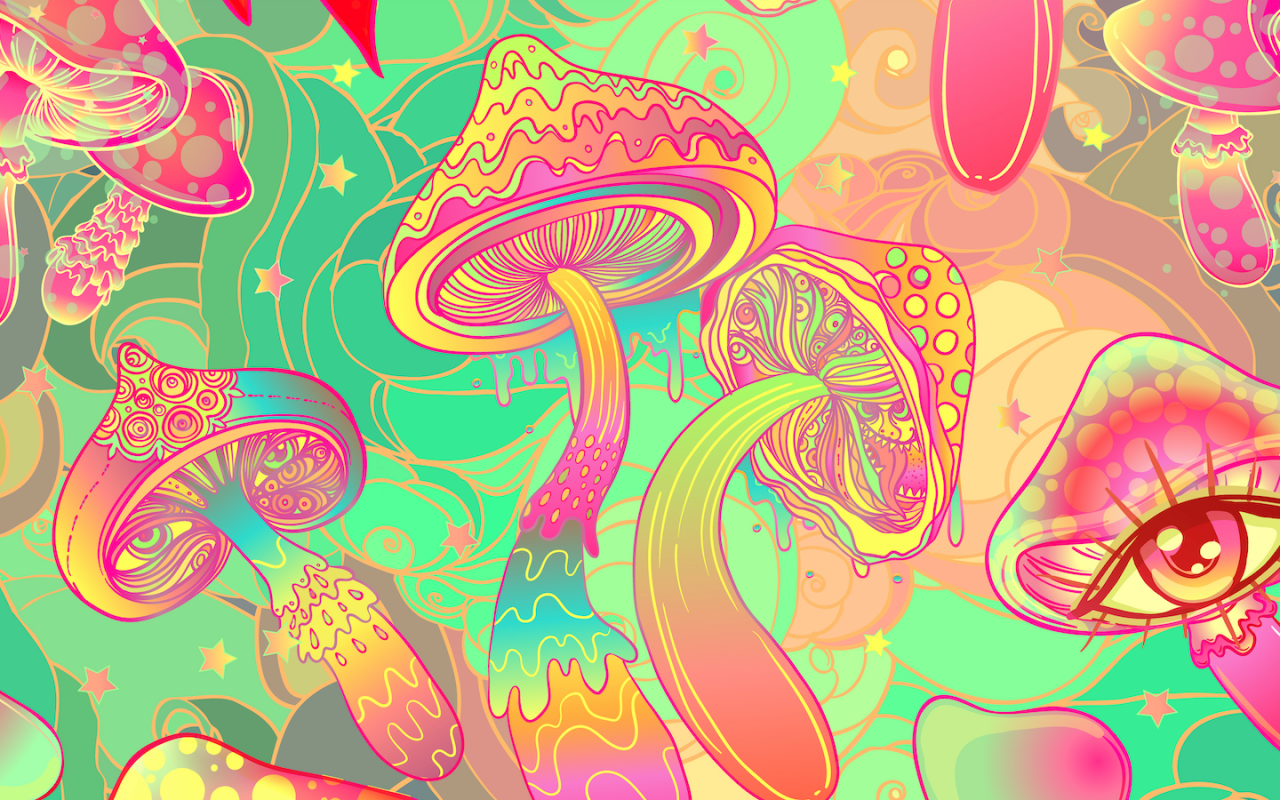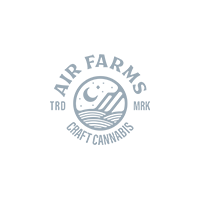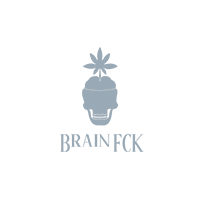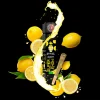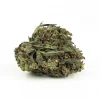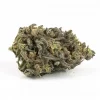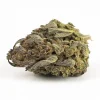Magic Mushrooms in Canada: Legalization, Access, and Cultural Shift
Canada, known for its stunning natural landscapes and progressive policies, has recently been in the spotlight for yet another groundbreaking development – the decriminalization and regulatory changes surrounding magic mushrooms, or psilocybin-containing fungi. In this blog article, we will explore the current status of magic mushrooms in Canada, including their history, legal landscape, the cultural shift they represent, and potential benefits.
The History of Magic Mushrooms in Canada
Magic mushrooms, also known as “psilocybin mushrooms,” have a rich history in Canada. Indigenous peoples, have been using these mushrooms for centuries in spiritual and healing ceremonies. These practices involve connecting with nature and achieving a deeper understanding of the world around us.
In more recent times, the use of magic mushrooms became popular among the counterculture of the 1960s and 1970s, coinciding with the worldwide psychedelic movement. However, their use was largely illegal until recent changes in Canadian regulations.
Legal Changes and Decriminalization
The journey towards the decriminalization and regulation of magic mushrooms in Canada began in earnest in 2020 when the Minister of Health granted an exemption to Section 56(1) of the Controlled Drugs and Substances Act (CDSA). This exemption allowed certain patients, mainly those with terminal illnesses, to access psilocybin-assisted psychotherapy as a potential treatment for end-of-life distress.
The decision to grant this exemption was influenced by scientific studies showcasing the therapeutic potential of psilocybin for individuals experiencing depression, anxiety, or existential distress. While the exemption was initially narrow in scope, it opened the door to a broader conversation about psilocybin’s potential benefits and the need for further policy changes.
In August 2020, the Minister of Health expanded the exemption to include healthcare professionals and individuals with exemptions from the CDSA. This broader access marked a significant shift in the way Canada views and regulates magic mushrooms.
In August 2020, Canada also allowed for the first-ever clinical trial on psilocybin-assisted psychotherapy for patients with treatment-resistant depression. The trial marked a major milestone in the medical and scientific community’s acceptance of psilocybin as a potential treatment option for mental health issues.
In addition, various cities in Canada, including Vancouver, Victoria, and Toronto, have seen municipal efforts to decriminalize the possession of small amounts of magic mushrooms. While these efforts have not resulted in uniform changes across the country, they reflect a growing trend towards a more lenient stance on psilocybin.
The Cultural Shift
The changing legal landscape in Canada is accompanied by a cultural shift regarding magic mushrooms. More people are open to discussing their potential benefits and the responsible use of these substances. The shift towards acceptance and responsible use mirrors the changing perceptions of other substances, such as cannabis.
The therapeutic potential of psilocybin has been the subject of extensive research in Canada and around the world. Preliminary findings suggest that it can be a powerful tool in treating various mental health conditions, including depression, anxiety, and post-traumatic stress disorder (PTSD). The ongoing research continues to shed light on the benefits and risks associated with psilocybin.
Access to Magic Mushrooms in Canada
In recent years, the regulations around magic mushrooms in Canada are evolving rapidly. Until recently, individuals seeking access to magic mushrooms for therapeutic purposes typically needed to navigate a complex system of exemptions and clinical trials.
Patients with specific medical conditions, including end-of-life distress and treatment-resistant depression, could potentially access psilocybin-assisted psychotherapy under the guidance of healthcare professionals. This access was subject to stringent regulations and approvals.
For the average Canadian seeking to use magic mushrooms outside a clinical setting, the legal landscape remained more ambiguous. Although some cities and municipalities attempted to decriminalize small-scale possession, the legal status of magic mushrooms was far from uniform. With home-producing mycology kits growing in popularity and some entrepreneurs and psilocybin advocates even opening Mushroom dispensaries in major cities like Vancouver. This “grey” area took a big hit when shops in Vancouver were recently raided by policy. But this didn’t deter shop owners as all raided stores were restocked and reopen within a week. Regardless, these raids will continue to pose problems for shops hoping to sell magic mushrooms for therapeutic and recreational purposes.
Those looking for a more reliable and better quality option can use FairCannaCare and choose from 8 different types of psilocybin magic mushrooms. Click here to shop now.
Conclusion
The evolving landscape of magic mushrooms in Canada reflects a broader global trend toward reassessing the potential benefits of these substances and exploring their therapeutic applications. The legal changes and cultural shift surrounding psilocybin signify a growing recognition of its potential as a tool for mental health and personal growth.
As research continues and attitudes evolve, it is crucial to stay informed about the latest developments in magic mushroom regulation and access in Canada. With responsible use and a focus on potential therapeutic benefits, these fungi may continue to play a vital role in mental health treatments and the broader cultural conversation around psychedelics.


